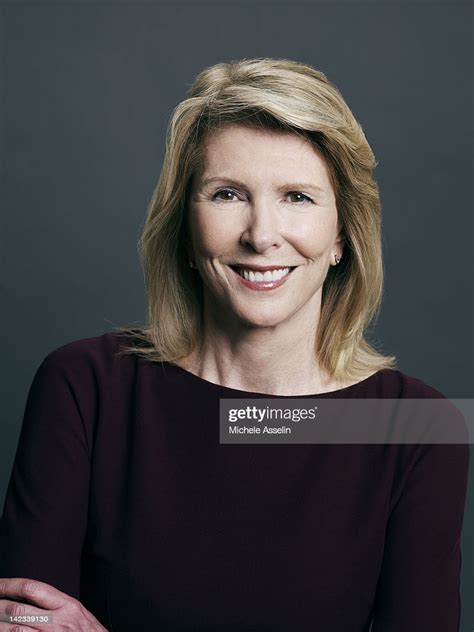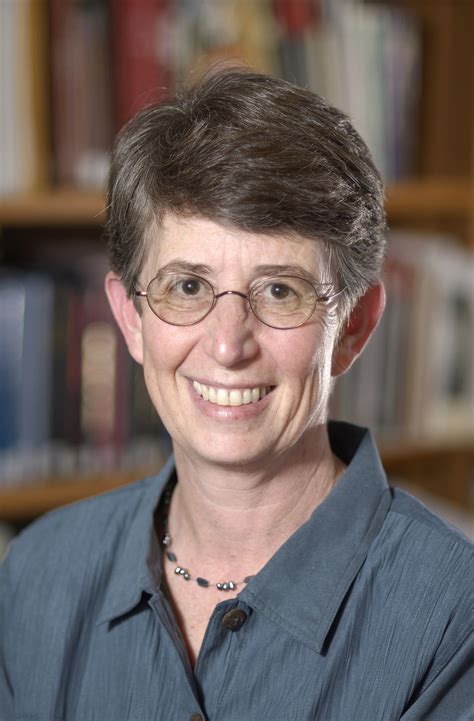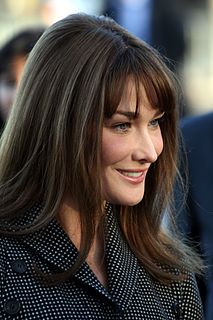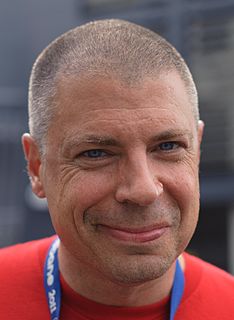A Quote by Ruth Bader Ginsburg
I was a proponent of the ERA. The women of my generation and my daughter's generation, they were very active in moving along the social change that would result in equal citizenship stature for men and women.
Related Quotes
My parents were both first-generation Irish Catholics raised in Brooklyn. But it was more for me - it was that women of that generation were even less likely to express themselves, more likely to have that active interior life that they didn't dare speak out. So I was interesting in women of that era. I was interested in the language of that era. There's so much. And, certainly, this is cultural, so much there wasn't spoken about.
My generation was going to change the direction America took. I was completely convinced that we would have a very different kind of society as a result of the protests that I was part of, and I think that's partially true. We obviously never really got to what many of my generation believed was possible, but the amount of change I've seen in my lifetime, both social change and political change, is staggering. I think my generation can take a little bit of credit for that by just opening up the conversation.
One thing that concerns me is that today's young women don't seem to care that we have a fundamental instrument of government that makes no express statement about the equal citizenship stature of men and women. They know there are no closed doors anymore, and they may take for granted the rights that they have.
Feminism is a belief that although women and men are inherently of equal worth, most societies privilege men as a group. As a result, social movements are necessary to achieve political equality between women and men, with the understanding that gender always intersects with other social hierarchies.
Neither federal nor state government acts compatibly with equal protection when a law or official policy denies to women, simply because they are women, full citizenship stature - equal opportunity to aspire, achieve, participate in and contribute to society based on their individual talents and capacities.
The battle with Men Who Explain Things has trampled down many women - of my generation, of the up-and-coming generation we need so badly, here and in Pakistan and Bolivia and Java, not to speak of the countless women who came before me and were not allowed into the laboratory, or the library, or the conversation, or the revolution, or even the category called human.
It became obvious to me that the generation who changed the world were my parents' generation, and not only in terms of the Second World War, but if you look at all the social legislation of the '60s - abortion, homosexual law reform, equal pay - it wasn't done by my generation; it was done by people who were adults.
I would almost consider myself a canonical child of Generation X... because I think there is an ethic and aesthetic that goes along with that generation, it may have something to do with the fact that "Never Mind the Bollocks" was released when we were 16-years-old and that was really the album that crystalized a generation.






























